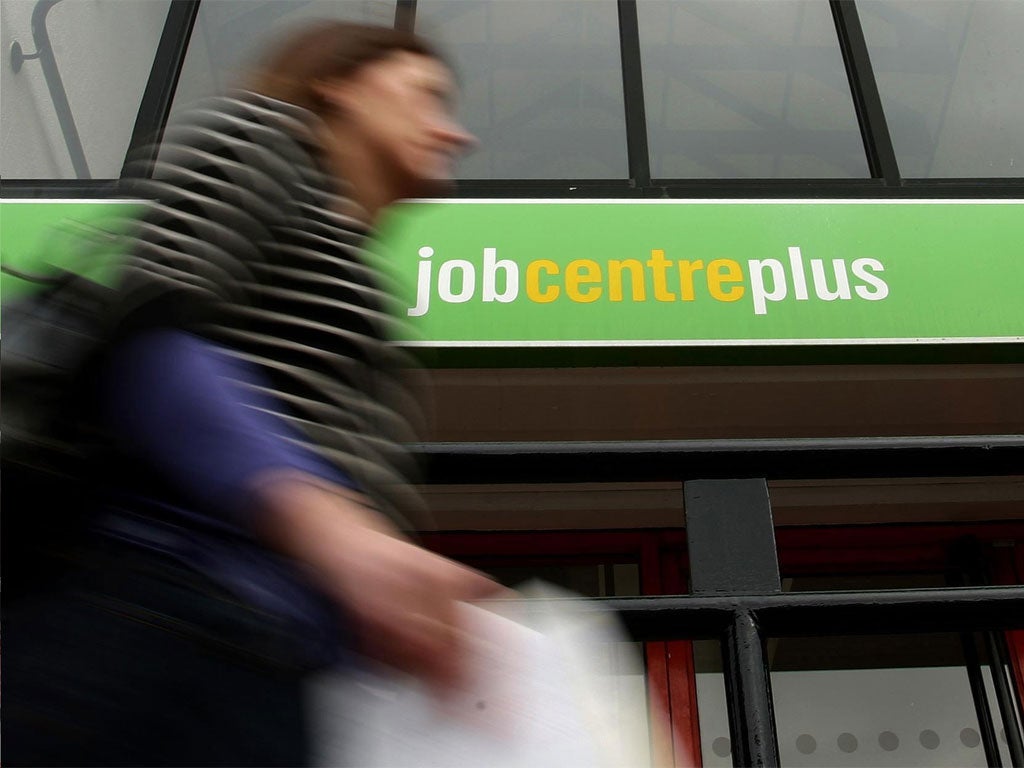Graduates do have a better chance of getting jobs

At last, some good news for jobless graduates. They may be in debt and feel frustrated, but research shows that having a degree means that if they can hold on for three more years, they are more likely to be in work by the time they are 24 than their less qualified peers.
One in four of those leaving university with a degree were unemployed after graduation, according to a study by the Office for National Statistics. But three years later just 5 per cent of 24-year-old graduates were out of work.
Meanwhile, one in four 16-year-olds who left full-time education with only GCSEs were unemployed, as well as one in five 18-year-olds with A-levels. By the age of 24, 13 per cent of those who had left school with GCSEs were still jobless, compared to 7 per cent who left school with A-levels. Most (60 per cent) of young job seekers were looking for work as sales assistants or shop cashiers.
The figures also showed that unemployment among 16 to 24-year-olds has risen to 1.04 million, the highest number since 1986/7, with around 300,000 of these full-time students who are looking for work.
London had the highest youth unemployment rate at 24 per cent, although a number of young people looking for work in the capital were also at university. The youth unemployment rate in the UK was 22 per cent, in line with the EU average.
Spain had the highest level of youth unemployment in the EU at 47 per cent, while the lowest rate was in Austria (7 per cent).
TUC general secretary Brendan Barber said: "These figures show the importance of higher qualifications in helping young people into work. But with ministers putting up barriers to higher education by hiking tuition fees and scrapping the Education Maintenance Allowance, the scar of mass joblessness that is hitting today's youngsters could follow some of them into their late 20s or even 30s."
"These figures confirm that over the long-term higher education provides a significant boost to employment prospects and transforms lives," said Liam Burns, president of the National Union of Students.
Join our commenting forum
Join thought-provoking conversations, follow other Independent readers and see their replies
0Comments